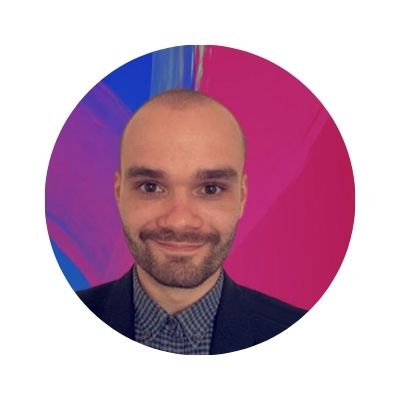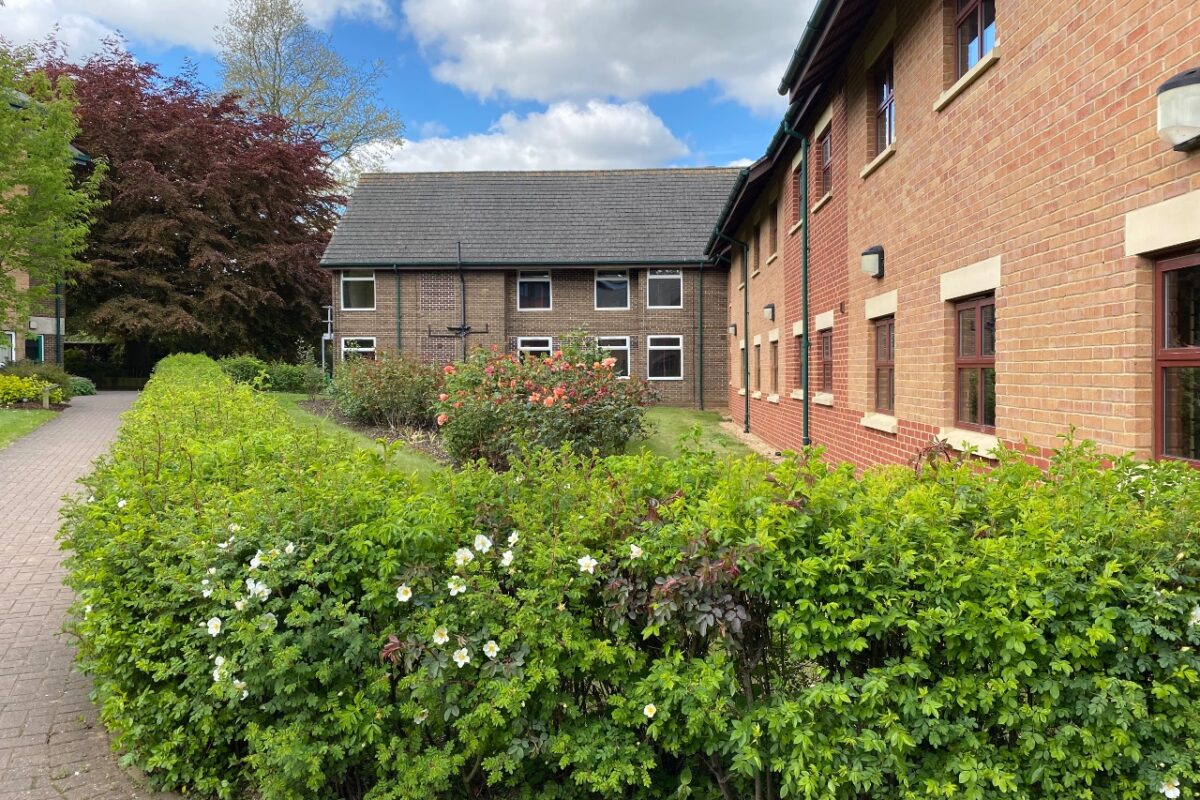Never heard of metrology? You might just know more than you think

From society to outer space, metrology is the seam that runs through all aspects of modern life – so why has nobody heard of it? To mark World Metrology Day, Joe Neame, subject specialist in science at educational charity and leader in vocational learning, NCFE, explains why it’s important to demystify the subject if we are to attract the metrologists of tomorrow.
I joined NCFE in 2021 with a background in biochemistry and having taught science up to A Level biology. Despite this, and calling myself a subject specialist, metrology wasn’t a division of science I had come across before – or so I thought.
Reading about metrology, or the science of measurement, was fascinating. A branch of science that applies to the majority of, if not all, data collection, I didn’t even realise I was applying metrological skills whenever gathering accurate measurements.
The key word above is ‘accurate’. Metrology is not simply obtaining measurements; it’s the science behind the process and ensuring we have confidence in the accuracy of those measurements.
As well as accuracy, it also covers the precision and repeatability of measurements and, without metrology, we would not have invaluable measurement standards, such as the kilogram, second, metre, ampere, kelvin, mole and candela.
In less scientific terms, metrology plays a significant role in everyday life and society by allowing fair competition across various marketplaces. This provides a level playing field in key areas, such as the pricing of goods and commodities. Furthermore, through the application of metrology, businesses can then make more informed and data-driven decisions.
That all sounds great right? But what does a metrologist actually do?
If we look at a learner who completes the metrology occupational specialism of the Science T Level, for example, they can then move onto a metrology technician role. This then unlocks the ability to work in a wide range of exciting and important industries, including (but certainly not limited to) aerospace, healthcare, pharma, automotive, construction, environment, and energy.
As a measurement specialist within an organisation, our learner could then be involved in a variety of diverse measurement activities – from molecules and chemical pollutants to precision aircraft parts and even far out galaxies.
The metrology occupational specialism provides experience in planning appropriate scientific measurement, as well as the ability to perform the measurement and ensure its accuracy. It also enables learners to collect, analyse and interpret data, as well as resolve issues with tools and measurement equipment.
Working with the National Physical Laboratory (NPL)
One organisation that has metrology at the heart of everything it does is the UK’s National Metrology Institute, the National Physical Laboratory (NPL), which provides the measurement capability that supports the UK’s prosperity and quality of life.
NPL, which was founded in 1900 for ‘standardising and verifying instruments, for testing materials, and for the determination of physical constants’, provides world-leading measurement solutions, which are critical to business and government to help accelerate research and innovation.
Metrology underpins the measurements involved in everyday life, technology and engineering, medicine and more. That’s why we partnered with NPL to ensure the T Level provides a high-quality training route into STEM and opens the possibility of working at organisations across various fields, such as earth observation, quantum, biosciences, and engineering.
Plugging the gap – STEM skills shortage
There’s currently a STEM skills shortage, and we need to ensure that we’re prepared for the metrology challenges of the future. To further support with progression from the T Level, NCFE is currently developing a proposed Higher Technical Qualification (HTQ) as a Level 5 Diploma for a Senior Metrology Technician.
This diploma will sit between T Levels and degrees and is comprised of the knowledge and skills that employers require, allowing students to progress into highly skilled, highly paid roles within the industry.
If we look at the wide range of organisations that require metrologists to be at the heart of their measurement collection, it’s safe to say that metrology is one of the foundations of the STEM industry and vital in the advancement of the UK and global economies.
Not bad for something you’ve never heard of.

Joe Neame is the subject specialist in science at educational charity and leader in vocational learning NCFE. He graduated from Newcastle University in 2016 with a degree in Biochemistry before spending five years in teaching. Joe is passionate about ensuring a fair education for all and helping every learner to achieve their full potential.
To discover more about the Science T Level, visit https://www.ncfe.org.uk/technical-education/t-levels/health-and-science/











Responses